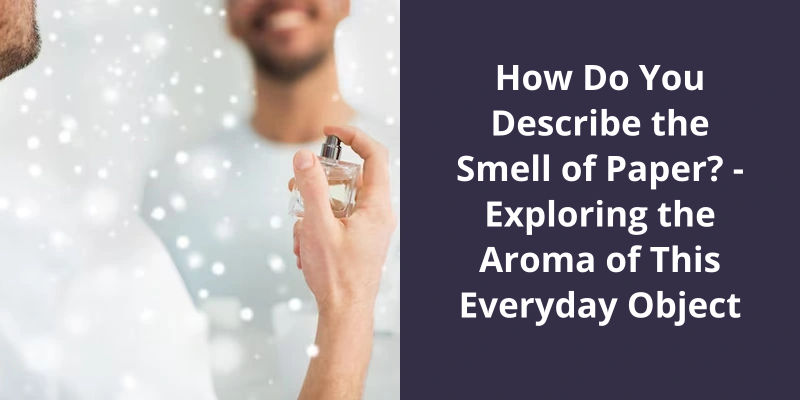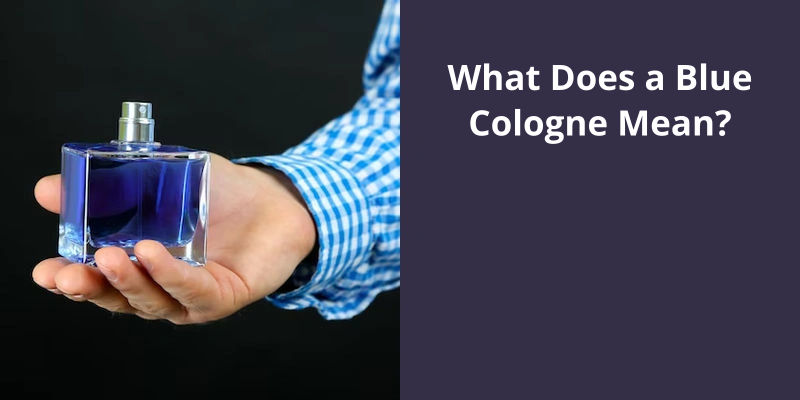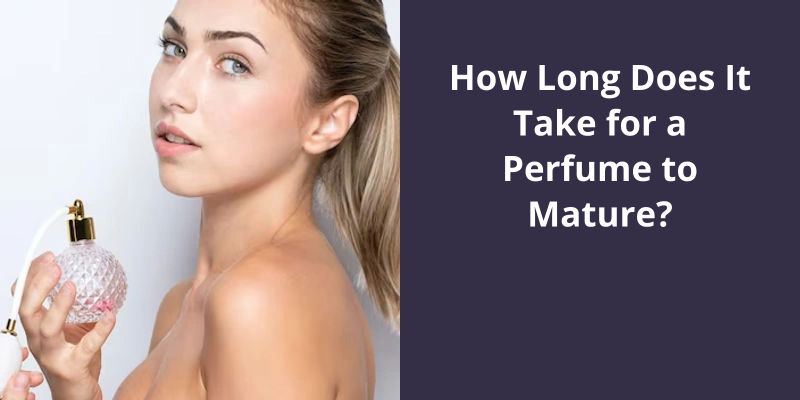Yes, perfume can transfer to another person. This usually happens when there’s close physical contact between individuals, for instance, hugging, or sharing clothing like jackets or scarves worn around the neck. Transfer is due to the oils within the perfume attaching to skin, hair, and clothing, which can then be left on other surfaces or people. Even though perfume is designed to evaporate and release its scent, it still contains oil and alcohol which can stick to things. This means, if you wear a strong perfume and then hug someone, there’s a good possibility they might catch a bit of the fragrance.

Why Do You Smell Perfume From a Distance?
Have you ever walked into a room and instantly noticed the smell of someones perfume? This is because perfume has the ability to diffuse through the air and reach us from a distance. The molecules in perfume have a high level of kinetic energy, which allows them to move in all directions and quickly transform into vapour. These vapour particles then mix with the surrounding air and disperse, allowing the scent of the perfume to travel over a distance.
Additionally, some perfumes are specifically designed to be long-lasting and have a more potent scent. Similarly, certain perfume ingredients such as musks are designed for their long-lasting and diffusive properties.
The diffusion of perfumes isn’t limited to just air molecules, as perfume can also diffuse through various materials. For example, fabrics such as clothing and upholstery can absorb and retain the scent of perfume, allowing it to continue diffusing even after the perfume wearer has left the area. This is why it’s not uncommon to smell someones perfume on a piece of clothing or a piece of furniture long after they’ve left the room.
It’s also worth noting that the ability to smell perfume from a distance can vary from person to person. Some individuals have a heightened sense of smell and are therefore able to detect scents from further away, while others may have a less sensitive sense of smell and require a stronger concentration of fragrance to detect the scent.
The composition of the perfume, including it’s fragrance oils and ingredients, can also impact it’s ability to diffuse and be detected from a distance.
Understanding how perfume travels is fascinating because it relates to our sense of smell and how we experience scents. However, the way fragrances travel isn’t just an interesting scientific topic, but it also has practical implications for everything from perfume marketing to environmental control. So, let’s delve deeper into this topic and explore some interesting facts about perfume diffusion!
How Does the Smell of Perfume Travel?
Once the perfume particles have been released from the bottle, they begin to spread out into the surrounding air through the process of diffusion. Particles of perfume will continuously move in random directions and collide with air molecules. This process causes the particles to spread out and fill the surrounding space, allowing the scent to travel even further.
As the scent of the perfume travels, it can be influenced by a variety of factors including temperature, humidity, and air movement. Higher temperatures and humidity levels can cause the scent to be carried further and more quickly, while air movement can help disperse the scent throughout a room or space.
Some individuals may be more sensitive to certain scents or have a stronger sense of smell, influencing how they perceive the scent as it travels through the air. Similarly, personal associations and memories of the scent may also impact how it’s perceived and how it travels.
The Chemical Composition of Perfumes: What Ingredients Are Commonly Used and How Do They Impact the Scent’s Spread and Longevity.
- Aldehydes
- Benzyl alcohol
- Bergamot
- Citrus oils
- Coumarin
- Ethyl vanillin
- Ginger
- Hedione
- Isoeugenol
- Jasmine
- Lavender
- Lemon
- Linalool
- Musk
- Oakmoss
- Orange blossom
- Patchouli
- Rose
- Sandalwood
- Tolu balsam
- Vanilla
- Ylang-ylang
Source: Use the idea of diffusion to explain how the smell of perfume …
It’s important to find a balance when it comes to wearing perfume or cologne. While it can be a great way to enhance your personal scent and boost your confidence, it’s important to consider the impact it may have on those around you. From potential headaches to allergic reactions, wearing too much fragrance can quickly become a nuisance. So, how can you ensure that you’re using the right amount? Let’s take a closer look.
Is Too Much Perfume a Turn Off?
This can lead to them applying more than whats necessary. What might smell good to them could be overwhelming to others. It’s important to understand that the point of wearing perfume isn’t to overpower others with your scent. It’s about finding a scent that complements your natural body odor and is pleasant to those around you. Additionally, wearing too much perfume can come across as unprofessional in certain situations. In the workplace, strong fragrances can be distracting to coworkers and clients alike. It’s best to opt for a light fragrance or none at all in professional settings. Another concern when it comes to wearing too much fragrance is that it can interfere with peoples ability to taste their food. Our sense of smell is closely linked to our sense of taste, and overpowering fragrances can dull our taste buds. This can be frustrating for both the person wearing the perfume and those who’re trying to enjoy their meals. Furthermore, it’s important to be considerate of those who’ve allergies or sensitivities to fragrances. Exposure to strong scents can trigger headaches, nausea, and allergic reactions in some people. Finally, it’s worth noting that different fragrances have different levels of intensity. Some perfumes are designed to be stronger than others, so it’s important to consider the potency of the fragrance youre wearing. A little goes a long way with some scents, and it’s always better to err on the side of caution. it’s best to be mindful of how much perfume youre wearing and to avoid going overboard. Finding a pleasant and appropriate scent that complements your natural body odor is the key to wearing perfume successfully.
How to Properly Apply Perfume for the Most Effective and Subtle Scent
- Spray perfume onto pulse points, such as wrists, neck, and behind ears.
- Avoid rubbing wrists together, as it can disrupt the scent molecules.
- Apply perfume before putting on clothes to avoid staining.
- Consider layering different scents for a unique fragrance.
- Reapply perfume throughout the day as needed.
- Store perfume in a cool, dry place away from sunlight to maintain it’s quality.
Conclusion
It’s clear that perfume can indeed transfer from person to person, leaving it’s scent on everything it comes into contact with. This is why it’s important to be mindful of one's fragrance usage, taking care not to overdo it or to use scents that may be unpleasant or overwhelming to others. At the same time, understanding how fragrances interact with the environment can also allow us to appreciate the power and beauty of scent, and to use it to our advantage in various contexts, from socializing to romance to self-expression. Ultimately, perfume can be a powerful tool for enhancing one's personal style and aura, but it’s important to use it responsibly and with consideration for others around us.





